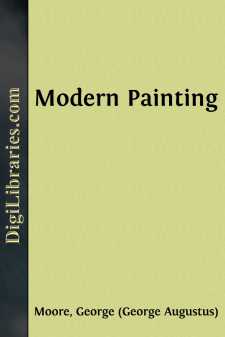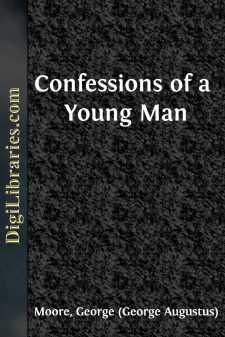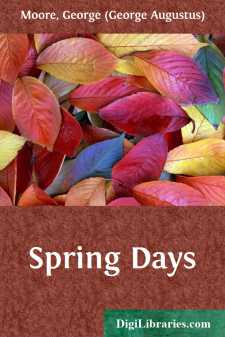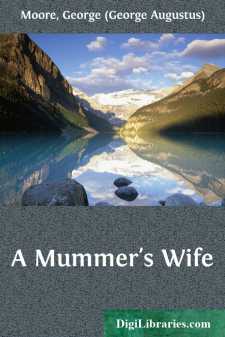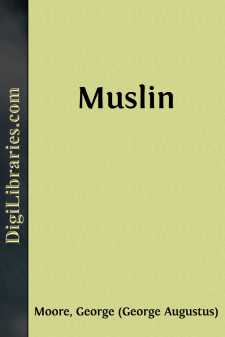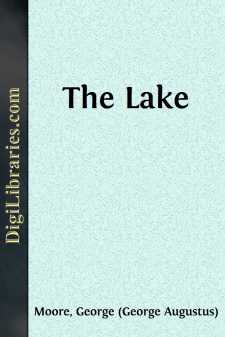Categories
- Antiques & Collectibles 13
- Architecture 36
- Art 48
- Bibles 22
- Biography & Autobiography 813
- Body, Mind & Spirit 142
- Business & Economics 28
- Children's Books 17
- Children's Fiction 14
- Computers 4
- Cooking 94
- Crafts & Hobbies 4
- Drama 346
- Education 46
- Family & Relationships 57
- Fiction 11829
- Games 19
- Gardening 17
- Health & Fitness 34
- History 1377
- House & Home 1
- Humor 147
- Juvenile Fiction 1873
- Juvenile Nonfiction 202
- Language Arts & Disciplines 88
- Law 16
- Literary Collections 686
- Literary Criticism 179
- Mathematics 13
- Medical 41
- Music 40
- Nature 179
- Non-Classifiable 1768
- Performing Arts 7
- Periodicals 1453
- Philosophy 64
- Photography 2
- Poetry 896
- Political Science 203
- Psychology 42
- Reference 154
- Religion 513
- Science 126
- Self-Help 84
- Social Science 81
- Sports & Recreation 34
- Study Aids 3
- Technology & Engineering 59
- Transportation 23
- Travel 463
- True Crime 29
Celibates
Description:
Excerpt
INTRODUCTION.
Looking back over the twenty years since "Celibates" was first published I find that the George Moore of the earlier year is the George Moore of to-day. The novelist of 1895 and the novelist of 1915 are one and the same person. Each is really interested in himself; each is more concerned with how the world and its humanity appear to him than how they appear to the casual observer or how they may be in themselves. The writer is always expressing himself through the facts and personalities which have stirred his imagination to creative effort. George Moore has never been a reporter or a philosopher; he has always been an artist.
Now to say that the author of "Celibates" is always expressing himself does not at all mean that he is recording merely his private sensations, emotions, and moods. Egoist as he is, George Moore could not write his autobiography. He tried to do this lately in "Ave," "Vale," and "Salve," and failed—failed captivatingly. He is always most himself when he is dealing with what is not himself—with skies and hills and ocean and gardens and men and women. Moore is a naturalist in the finest sense of that word. He deals with nature as the artist must deal with it if nature is to be understood and enjoyed. For Moore's relationship with nature, and especially with human nature, is of that rare kind which is the experience of the very few—of those fine spirits endowed with the highest sympathy—a sympathy which is not a feeling with or for others but an actual union with others, a union which brings suffering as well as enjoyment. This is the artist's burden of sorrow and it is also his privilege. It is because of it that every true work of art has in it also something of a religious influence—a binding power which unites the separated onlookers in an experience of a common emotion. If the artist have not this peculiar sympathy he can have no vision and will never be a creator; he will never show us or tell us the new and strange mysteries of life which nature is continually unfolding. The artist's mission is to reveal to us the visions he alone has been vouchsafed to see, and to reveal them so that the revelation is a creation. The men and women he is introducing to us must be as real and as living to us as they are to him. That is what George Moore has done in "Celibates" and that is why I say he is an artist.
"Celibates" consists of three stories—two of women and one of a man. Mildred Lawson and John Norton are celibates by nature. Agnes Lahens is a celibate from environment and circumstance. Each of the three is utterly different from the other, and yet all are alike in that they are the products of a modern civilization. Mildred and John are without that compulsive force which is known as the sexual passion. If they have it at all, it has been diluted by tradition and so-called culture into a mere sensation. Agnes's passion is an arrested one, so that what there is of it is easily diverted into an expression of religious aspiration....



